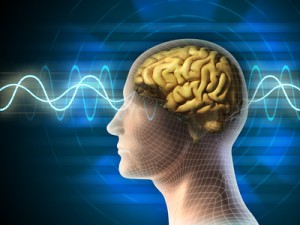
Amino acids are not only essential for the development of muscles, but they are also involved in almost all metabolic processes. They are extremely important in ensuring that these processes function properly, in addition to those which occur in the nervous system and the brain.
In an animal study, a relationship was demonstrated between a particular type of autism and the intake of a dietary supplement of branched-chain amino acids (often abbreviated to BCAA). This group of amino acids consists of L-Valine, L-Leucine and L-Isoleucine.
The American researchers at the renowned Yale University Schools of Medicine and the University of California in San Diego used mice with a genetic defect. This defect caused them to develop a specific type of autism, and the researchers investigated the effect of giving these mice BCAA. The background of the study is that this genetic defect results in the insufficient production of these amino acids (BCAA).
It was found that the symptoms of autism present in the mice could be reduced with the administration of larger doses of valine, leucine and isoleucine. However, whether such a therapy could be successful in humans is still unclear, according to the reports of scientists on the University of California website. Nonetheless, this is a starting point for further studies investigating the use of L-valine, L-leucine and L-isoleucine as supplements for people with autism and epilepsy (which is associated with the condition), says Professor Joseph Gleeson, who led the study.




